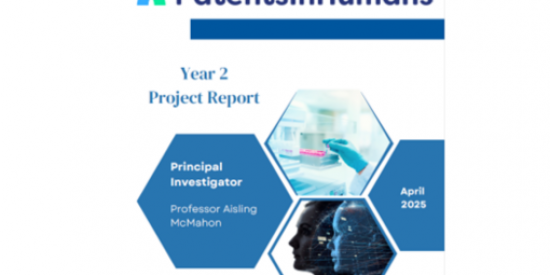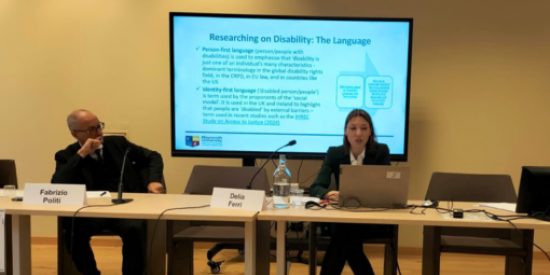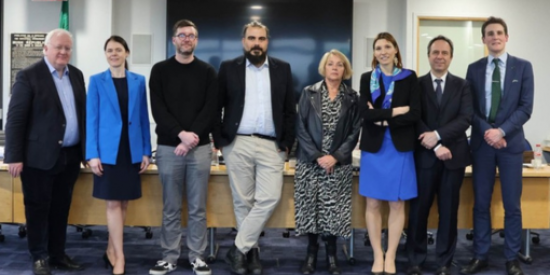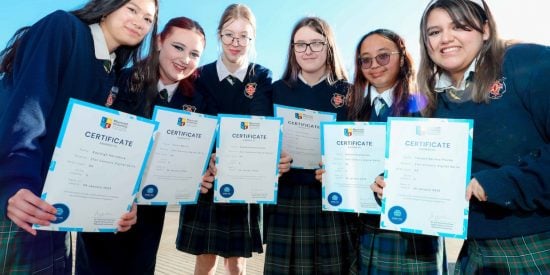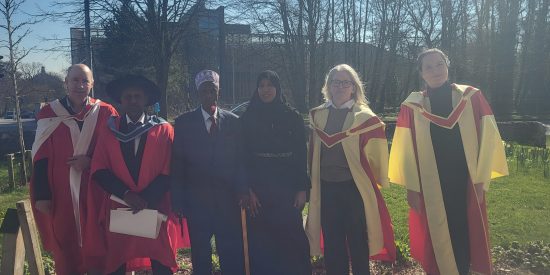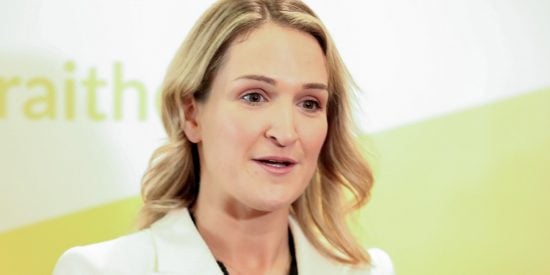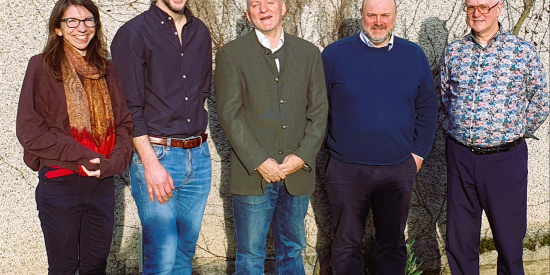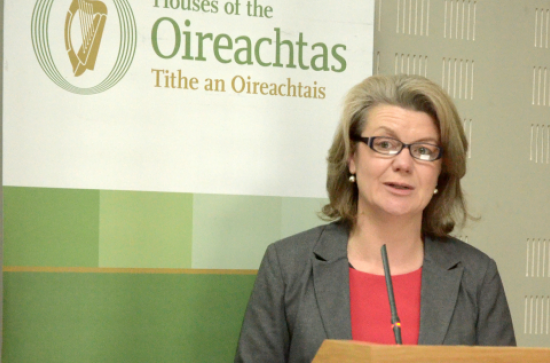
Dr Rosie Gowran member of the Assisted Living and Learning (ALL) Institute, Maynooth University has a new paper published and features on the front cover of, International Journal of environmental Research and Public Health, entitled ‘Octopus Watch Fosters Family Resilience by Enhancing Occupational Engagement for Children with Spina Bifida and/or Hydrocephalus: Pilot Study’. The article is featured as the cover page for the Special Issue Assistive Technologies for Children, Young People and Adults, read the full article here.
Abstract
Background: Children with spina bifida and/or hydrocephalus (SB&/H) often experience difficulties with activities of daily living (ADLs) due to impaired executive functioning, increasing sedentary behaviours. The HeyJoy Octopus watch, a child-friendly icon-based smartwatch could be used as an enabler to promote purposeful ADLs (i.e., goal-orientated ADLs). Objective: to investigate the effectiveness of the Octopus watch in promoting purposeful ADLs for children living with SB&/H (<8 years). Methods: Mixed-methods engaging parents and children in four phases: (1) Administered demographic questionnaire, semi-structured interview, childhood executive functioning inventory (CHEXI) and the Canadian occupational performance measure (COPM); focus group one introducing the study, information pack using smartwatch and photovoice data collection methods. (2) Measured baseline movement for four days with smartwatch without using functions. (3) Measured activity for 16-days while using the smartwatch. (4) Re-administered assessments and conducted a second focus group based on photovoice narratives. Results: movement data recorded for four participants, three of four showed mean activity increase (36%). N-of-1 analyses found one participant showed clear improvement (p = 0.021, r2 = 0.28). Mean inhibition decreased by 16.4%, and mean change in COPM performance and satisfaction scores were 2.1 and 2.4, respectively. The photovoice narrative focus group supports findings evidenced with improved daily routines. Conclusions: The Octopus watch is an innovative early intervention that can promote purposeful ADLs, fostering family resilience by enhancing occupational engagement. Further research is required. View Full-Text
Keywords: occupational engagement; spina bifida and/or hydrocephalus; sustainable assistive technology; family resilience


